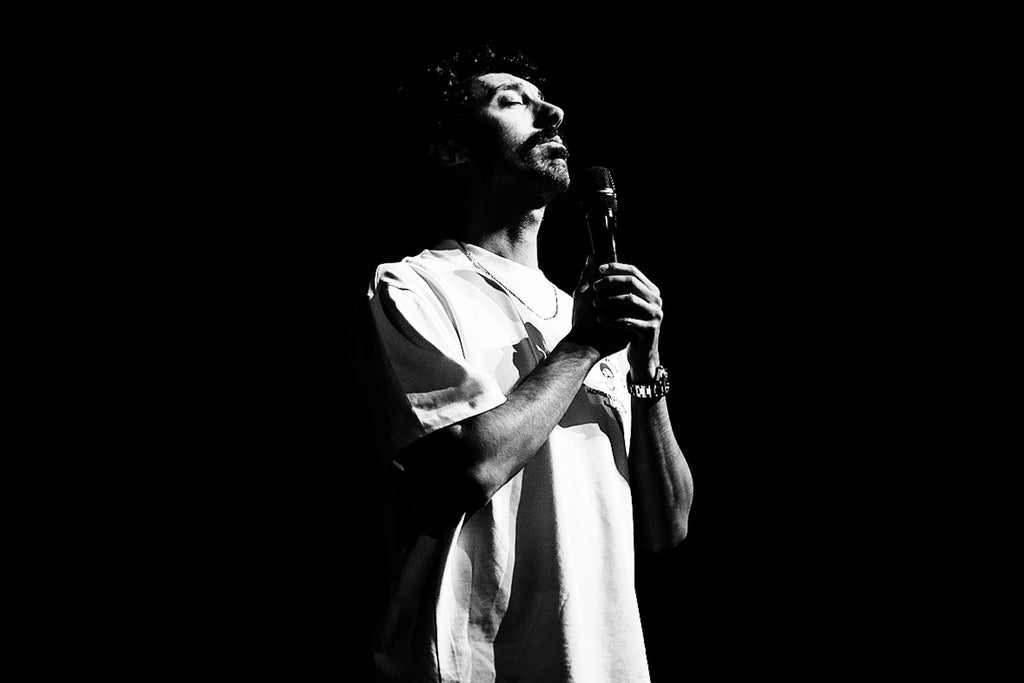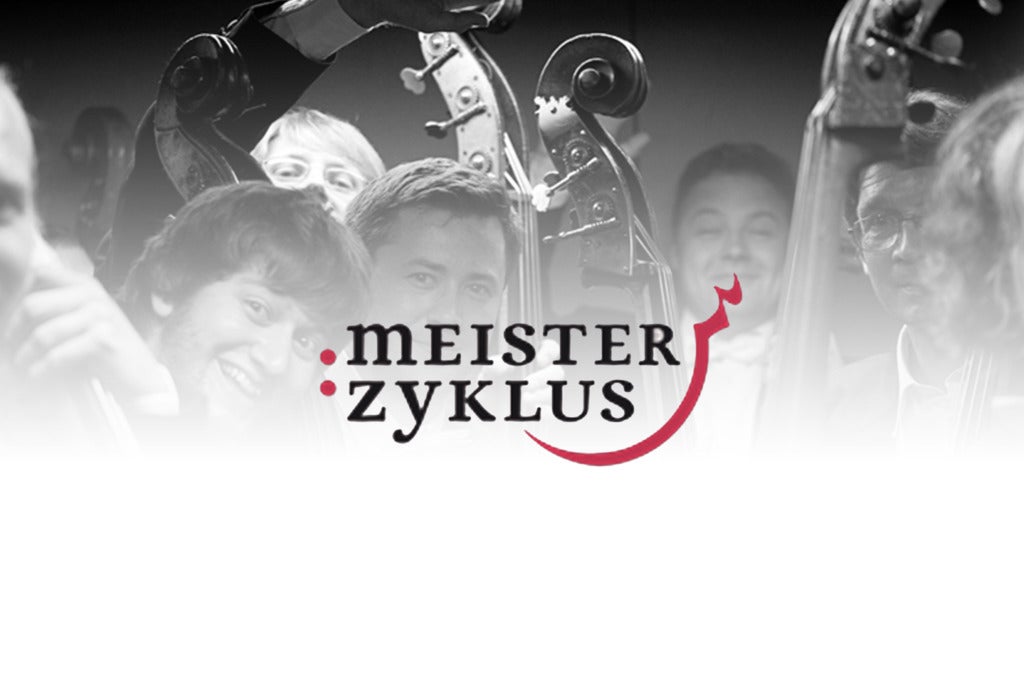Basel Professor of Literature Walter Muschg described the nearly forgotten «Black Spider» as an «image of every conceivable disaster» in 1931 and gave Gotthelf’s novella a place of honour in the literary canon. Claims for its topicality and relevance have been and continue to be made ever since – but do we need to summon traditional values in order to protect our prosperity from dangerous strangers or are egotism and materialism now the enemies of our common good? In 1841 Gotthelf wove elements from fairy tales and sagas together to make a piece of Swiss history that stretched from the Middle Ages to the Emmental of that time. He was clear that this was a work intended to warn readers to fear God: his writings are regarded as key texts of the Biedermeier period and, in marked contrast with those of his contemporary Büchner, they are aimed to have a restorative value. He too observes the radical social changes of the time in great detail and depicts the poverty of the rural population with a directness reminiscent of naturalist literature.
There are signs in the story to suggest that danger is something that comes from outside: the order of knights that governs tyrannically over the medieval peasants has adopted heathen manners during the crusades and demands an impossible amount of labour from the village. And the woman who negotiates with the Devil for good or ill of the village is not a local either. However, as soon as the dilemma begins it appears that the approaching catastrophe is inevitable – the course of events will merely affect what shape it takes. The black spider that afflicts the village like the plague appears as a futuristic image of the fear with which the peasants regard the future and will ultimately live on deep in the fabric of their lives.
The manner in which individual and collective interests are treated and represented within the village community is examined by the director Tilmann Köhler in his adaptation for the stage and for our time. His productions are characterized by clear images, a great literary sensibility and a keen eye for the present day. He is currently working at the Deutsches Theater Berlin, Frankfurt Opera, Düsseldorfer Schauspielhaus and for the first time at Theater Basel.
Following «Schlafgänger», «Farinet» and «Gold Rush» in the two previous seasons this work continues our investigation of Swiss prose literature.
Videos

|
don’t worry BE HÄNNI - Live
Volkshaus Basel (9/21 - 9/21) | |

|
Morgan Jay
Uptown Geneva, Salle Broadway (5/10 - 5/10) | |

|
Morgan Jay | VIP Package
Uptown Geneva, Salle Broadway (5/10 - 5/10) | |

|
RuPaul’s Drag Race Werq The World Tour 2025
EXIL (4/16 - 4/16) | |

|
Teo Gheorghiu, Klavier
Casino Bern (3/13 - 3/13) | |
| VIEW SHOWS ADD A SHOW | ||
Recommended For You


